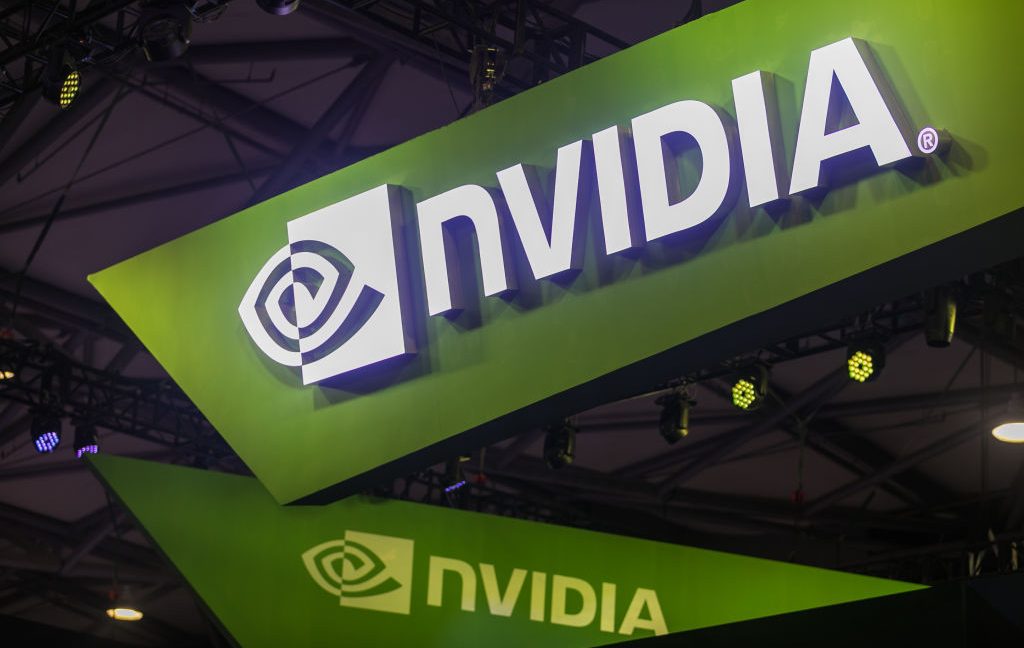Nvidia Navigates US Export Controls and Chinese Regulatory Pressure Over AI Chip Sales

Key Points
- Nvidia is the global leader in AI chips, with its GPUs essential for advanced AI models.
- U.S. export controls have required Nvidia to sell reduced‑spec GPUs to China, fueling a black market for higher‑performance units.
- The Trump administration blocked Nvidia’s H20 chip sales before a deal allowed limited sales in exchange for a 15 percent revenue share to the U.S. government.
- China’s SAMR has warned domestic firms against buying the H20 chip, adding uncertainty to Nvidia’s Chinese operations.
- CEO Jensen Huang criticized U.S. curbs as a failure that accelerates Chinese rivals’ chip development.
- Both companies declined further comment, leaving the future of Nvidia’s Chinese market unclear.
Nvidia has risen to global leadership in artificial‑intelligence chips, but its success has placed it at the center of escalating trade tensions between the United States and China. Successive U.S. administrations have imposed export controls that require Nvidia to ship reduced‑specification GPUs to China, spurring a black‑market for higher‑performance units. The Trump administration blocked sales of Nvidia’s H20 chip, a product designed for the Chinese market, before a deal allowed limited sales in exchange for a 15 percent revenue share to the U.S. government. Chinese regulators have since warned domestic firms against purchasing the H20, adding uncertainty to Nvidia’s Chinese business. CEO Jensen Huang has publicly criticized the U.S. curbs, calling them a failure that accelerates Chinese rivals’ development. Both Nvidia and China’s State Administration for Market Regulation declined comment.
Background: Nvidia’s AI Chip Dominance
In recent years, Nvidia has become the world’s leading supplier of artificial‑intelligence (AI) chips. Its graphics processing units (GPUs) are central to the development of many of today’s most advanced AI models, cementing the company’s status as a critical player in the global tech ecosystem.
U.S. Export Controls and Their Impact
As Nvidia’s technology grew more indispensable, it also drew the attention of policymakers concerned about national security and trade balance. Successive U.S. administrations introduced export controls that limited the performance specifications of GPUs that could be sold to China. These restrictions forced Nvidia to offer “watered‑down” versions of its flagship products, a move that inadvertently gave rise to a sizable black market where higher‑performance chips were smuggled into the country.
During the Trump administration, the United States took a further step by blocking sales of Nvidia’s H20 chip—a processor specifically engineered for the Chinese market while complying with existing export rules. The blockade was later lifted after Nvidia agreed to a deal that permitted limited sales in exchange for allocating 15 percent of the chip’s revenues to the U.S. government.
Chinese Regulatory Response
Despite the United States’ concession, Chinese regulators have intensified scrutiny of Nvidia’s activities. The State Administration for Market Regulation (SAMR) has warned domestic companies against purchasing the H20 chip, creating additional uncertainty for Nvidia’s operations in China. The agency’s stance reflects broader concerns about foreign technology dependence and the desire to protect domestic market interests.
Nvidia’s Position and Leadership Commentary
CEO Jensen Huang has been vocal about the challenges posed by U.S. export controls. In multiple visits to China, Huang framed the curbs as a “failure” that has inadvertently spurred Chinese competitors to accelerate their own AI chip development. His comments underscore the tension between maintaining market access and navigating geopolitical constraints.
Implications for the Global AI Landscape
The interplay of U.S. export restrictions and Chinese regulatory pressure illustrates the complex environment in which leading tech firms operate. For Nvidia, the situation translates into a delicate balancing act: complying with U.S. policy while preserving a vital market in China. The ongoing friction also highlights the broader strategic competition between the two nations, with AI hardware emerging as a focal point of economic and security considerations.
Both Nvidia and SAMR have declined to comment further on the matter, leaving the future of the H20 chip and related business arrangements uncertain.